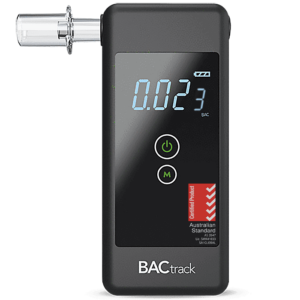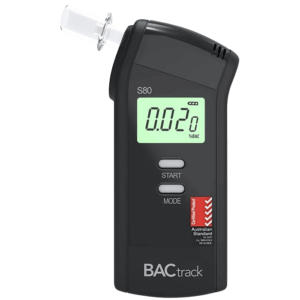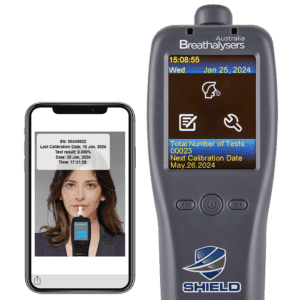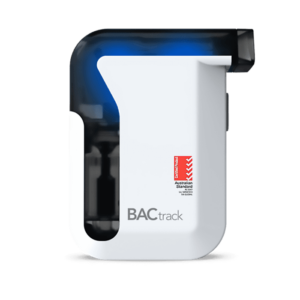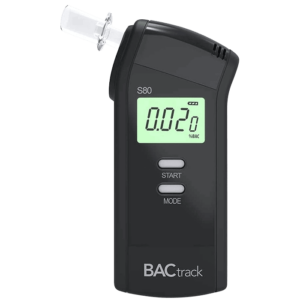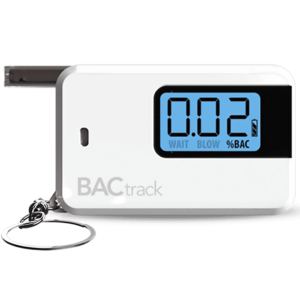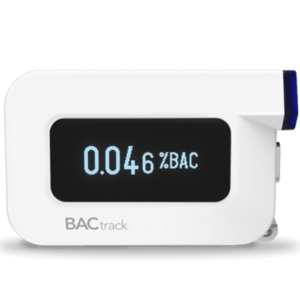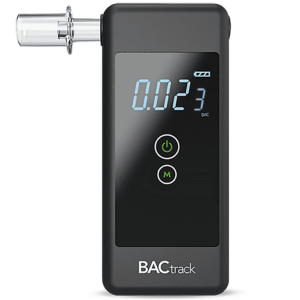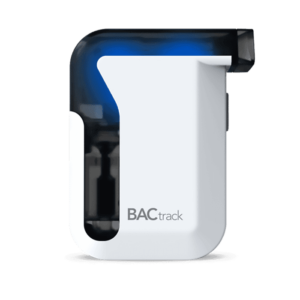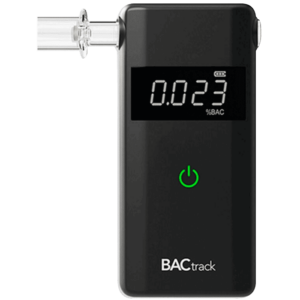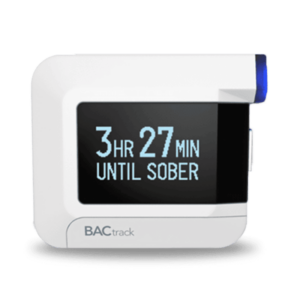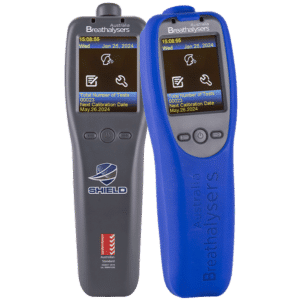The 2023 Ultimate Guide to Drug and Alcohol Policy in NZ
15 December, 2022
Rules or policies help keep organisations in order. It communicates the company’s values, objectives, and standard practices. It also lets employees know their roles, the code of conduct, and what they can expect from the management. Thus, everyone in the company acts accordingly and performs effectively. In addition, the company policies aim to protect the well-being of employees and the community. Therefore, it also identifies potential hazards and how to manage the risks. For example, one of the health and safety issues affecting many industries is drug and alcohol use. Employees under the influence of drugs and alcohol pose significant hazards to themselves and others in the workplace. As more substance-related incidents happen, there is also an increased need for a drug and alcohol policy in NZ workplaces.
Many organisations have implemented a drug and alcohol policy in NZ to help keep the workplace safe and healthy. It is one of the practical strategies for maintaining a hazard-free environment. Moreover, it covers broad areas regarding substance use or impairment. Primarily, the policy aims to detect or identify employees affected by drug and alcohol use through workplace testing. Companies can effectively manage occupational risks through consistent drug and alcohol monitoring. One of the helpful tools companies use for alcohol testing is a breathalyser. Breathalysers New Zealand provides dependable breath-testing devices to help many businesses manage alcohol-related risks.
Drugs and Alcohol in the Workplace and their Impact
Alcohol is a widely consumed and easily accessible substance in New Zealand. It is also a part of many social cultures and events. In moderate amounts, alcohol creates pleasant effects, making people feel more relaxed and lower inhibitions. However, excessive consumption leads to severe impairment, reducing normal functions like the senses, reasoning, and coordination. Similarly, prohibited drugs have adverse effects on health, regardless of the amount. Additionally, taking alcohol or drugs in higher doses can have lingering effects for several hours or days. As a result, employees with impairments have difficulty performing their work, affecting their productivity. Therefore, a drug and alcohol policy in NZ workplaces can help limit the negative impacts of substance use. Also, many industries report drug and alcohol use to have the following consequences:
Employee Efficiency
- Unable to focus or concentrate
- Missed work targets or deadlines
- Poor decision-making
- Increased absenteeism
- Sleeping on the job
Employee Behaviour
- Irrational or aggressive behaviour
- Risky and unsafe habits
- Not following standard protocols, rules or policies
- Conflict with co-workers or management
- Low employee morale
Work and Safety
- Minor and serious accidents and injuries
- Disabilities
- Property damage
- Manual errors
- Legal accountabilities
- High costs (hospitalisation, insurance, compensation, turnover)
- Profit losses

The Purpose of Drug and Alcohol Policy in NZ Workplaces
A drug and alcohol policy in NZ workplaces is a written document outlining the company’s objectives, scopes, and strategies for handling substance use and impairments. It defines an employer’s rules and guidelines for using drugs and alcohol while on duty or after work hours that may affect work performance and safety. Moreover, it provides an extensive drug and alcohol testing guide, so employees know what to expect. Furthermore, a workplace program aims to minimise untoward incidents by managing preventable risk factors, such as drugs and alcohol. It also encourages workers to have a healthier lifestyle. Thus, it helps organisations achieve uniformity and standardisation to reduce risks and improve efficiency.
The importance of a drug and alcohol policy in NZ is to communicate with employees the acceptable and non-acceptable practices. This way, personnel know how to conduct themselves properly in the workplace. Most workplace programs implement zero-tolerance for drugs, alcohol, or other impairing substances. The policy determines the specific procedures for identifying impairments and the consequences of any violations. For example, it states the testing methods, list of prohibited substances, and definitions of passed or failed test results. Therefore, it helps employees understand their roles and expected behaviours to maintain safety and performance standards. Without a policy, the business is exposed to many risks.
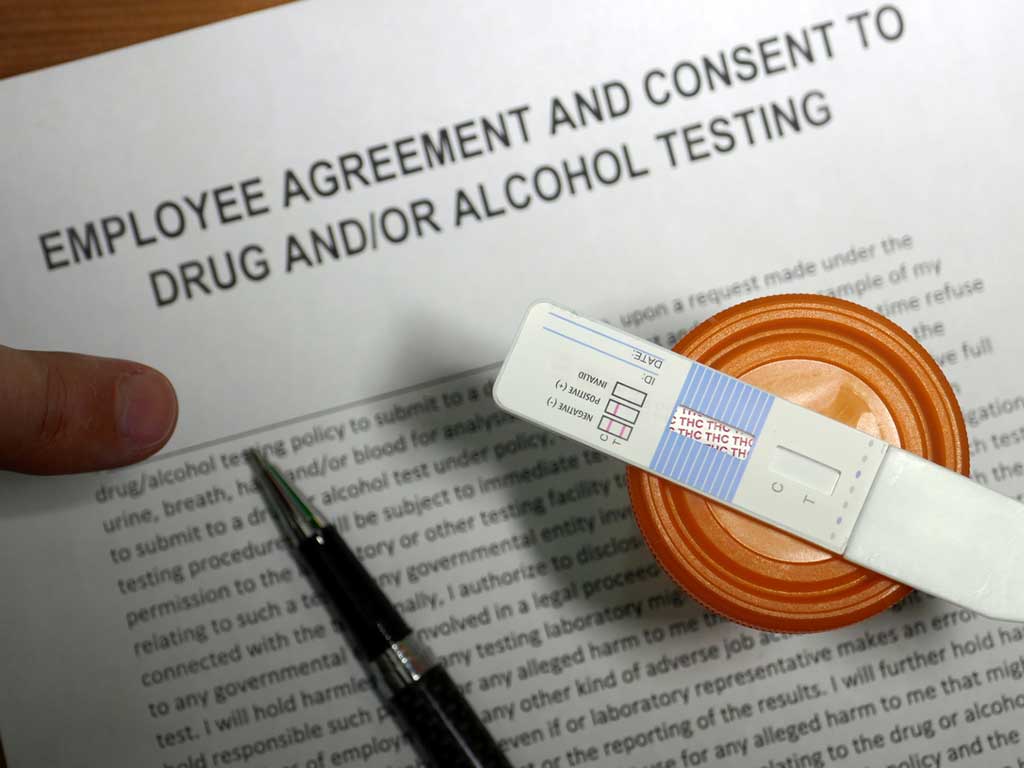
Benefits of Workplace Drug and Alcohol Policy in NZ
A comprehensive policy enables companies to conduct workplace testing, comply with legal requirements, and mitigate risks. A drug and alcohol policy in NZ is not mandatory for all businesses. However, it is essential for high-risk industries due to the sensitive nature of the job or work environment. For example, sectors operating heavy machinery, vehicles, or hazardous chemicals have a zero-tolerance approach to avoid accidents. These industries are mining, transportation, health services, construction and manufacturing. Alternatively, smaller companies or private organisations can also facilitate workplace testing under a reasonable request through a policy. Moreover, a workplace policy offers the following benefits:
- Identify unsafe and risky behaviours
- Minimise drug and alcohol-related accidents
- Manage preventable health and safety risks
- Determine employees with substance abuse and offer treatment
- Reduce expenses
- Avoid legal liabilities
- Increase productivity
- Build a healthy and safe culture
- More stable workforce
- Increase company integrity
Policy Development: What Should a Drug and Alcohol Policy Include
The fundamental reason for instituting a drug and alcohol policy in NZ is to improve workplace safety and the well-being of employees. There are many factors to consider when developing a drug and alcohol program. Firstly, companies must seek legal advice to ensure the policy is fair to all employees. Secondly, it is crucial to assess the impact of drug and alcohol use to formulate regulations specific to the organisation’s needs, situation, and culture. A workplace program should cover the following essential aspects:
- Objectives – statement for creating a workplace policy and facilitating drug and alcohol testing.
- Scope – defines the extent and limitations of workplace testing. It must specify to whom the policies apply.
- Rules and regulations – state the specific procedures, preventive measures, and guidelines each employee must follow. It also identifies the complete list of prohibited substances.
- Confidentiality agreement – ensure only authorised personnel or officials have access to the test results. It also includes guidelines for dealing with employees with substance-related concerns.
- Testing methods – specific drug and alcohol detection processes or alternatives
- Consequences of non-compliance – disciplinary actions for employees with a failed test result, such as suspension, termination, or undergoing rehabilitation.
- Employee Assistance Program (EAP) – a work-based intervention program to help affected employees with substance use disorders.
- Educational and awareness programs – supplementary training and education to help managers, supervisors, and workers manage drug and alcohol-related issues.

Features of an Effective Drug and Alcohol Policy
Substance-related accidents can happen anytime. A workplace drug and alcohol policy in NZ guides employers in handling the situation. Furthermore, an effective policy helps deter drug and alcohol use and minimise risks. Companies can strengthen the effectiveness of the program through simple strategies. A good workplace policy has the following features:
- It must be clear and concise. Each statement must be straightforward and easily understandable.
- Fair and consistent to all employees. Workplace testing and other safety procedures apply to all personnel, especially in safety-critical positions.
- Accessible to everyone. Employees can easily refer to the policy through an employee handbook or similar documents.
- Have a thorough discussion with employees. Management consults with the workers before finalising the policy. It must also be agreed upon through a signed document before implementation.
- Follow standard procedures when executing workplace testing, an incident, or handling non-compliance employees.
- Company-specific. It must be tailor-fit to the organisation’s specific needs or requirements.
- Compliance with local and regulatory laws. It helps avoid negligence or lawsuits in case of an incident.
- Regular review and update based on changing state laws and the industry or company situations.
Implementing Workplace Testing
Drug and alcohol use is one of the contributing factors to workplace accidents and low productivity. Many employees consume alcohol regularly or at social events. Likewise, some people take drugs for various reasons. Unfortunately, it affects an individual’s perception and motor functions. As a result, companies implement workplace testing through a workplace policy. Furthermore, a clear drug and alcohol policy in NZ workplaces helps employers adhere to the Health and Safety at Work Act (HSW Act). Under the HSW Act, employers must manage preventable risks to reduce injuries or harm. Therefore, companies can facilitate workplace testing as a cost-effective preventive measure for substance-related risks.

Drug and Alcohol Policy in NZ: When to Conduct Workplace Testing
A drug and alcohol policy in NZ allows employers to facilitate workplace testing for health and safety reasons. In addition, organisations must follow the guidelines when conducting drug and alcohol tests for employees. Companies can implement workplace testing under specific conditions, namely:
- Pre-employment – a standard requirement for high-risk jobs or industries. It helps determine a prospective employee’s past drug and alcohol usage, pattern, or behaviour. Therefore, job applicants must pass the test to be eligible for the final job offer. Additionally, it guides employers in hiring the right candidate.
- Blanket and annual testing – blanket testing applies to all employees. It is often part of the annual or periodic medical examination.
- Random – companies conduct tests unannounced. It also uses a random selection process to draw employees. It aims to determine alcohol and drug abuse among the workforce.
- Post-incident – testing employees after an accident or near-miss to see if drugs and alcohol are a factor.
- Reasonable Suspicion – requests to test a particular employee displaying impairment symptoms, like slurred speech, poor balance, and movements. There must be adequate evidence and proper documentation to administer this test.
- Return-to-duty – employees submit a drug and alcohol testing after previous positive test results. It is also conducted on employees returning from hospitalisation or rehabilitation centre to show fitness for duty.

Advantages of Drug and Alcohol Tests
Companies with an effective drug and alcohol policy in NZ benefit from consistent workplace testing. Drug and alcohol tests help monitor employees with an impairment that may endanger themselves and others. Moreover, companies that conduct workplace testing have fewer accidents than those that do not. Consequently, they have fewer work disruptions, low turnover, and low costs. Likewise, employees perform better in a safe and hazard-free environment. Employers may use various testing methods to monitor drug and alcohol impairment. For example, Breathalysers New Zealand provides reliable devices like BACtrack to ensure sobriety. In addition, employers can offer treatment through an employee program to help affected workers recover from substance abuse. Therefore, consistent workplace testing helps avert high risks and provides long-term security and stability.
Drug and Alcohol Policy in NZ: Workplace Test Methods
Workplaces use several methods to detect drugs and alcohol. Various test procedures provide companies with suitable options for monitoring substance impairment. A drug and alcohol test collects biological specimens like body fluids or breath for analysis. Then, it examines the sample to detect or quantify the levels of drugs and alcohol in a person’s body. Moreover, each method has advantages that may be helpful in particular situations and depending on the conditions in a drug and alcohol policy in NZ. Workplaces employ the following common test procedures:
- Breath test – a breath test through a breathalyser can detect recent consumption of alcohol. Alcohol is detectable on the breath for 12 to 24 hours. In addition, high-quality breathalysers like the BACtrack can accurately trace alcohol levels through the breath samples.
- Urine test – urine samples are the standard method for drug screening because it is quick, painless, and efficient. It can trace illicit substances in the system for up to 48 hours. However, it can detect drugs longer for people who regularly consume them.
- Saliva or oral fluid test – a mouth swab test is a cost-effective alternative for a urine drug screen.
- Blood test – the most accurate test as it examines drug or alcohol substances directly from the blood. However, it is also the most invasive and costly method. Thus, it is ideal for confirming an initial screening with non-negative results.
- Hair test – ideal for determining a person’s past substance use due to its long detection period (90 days).
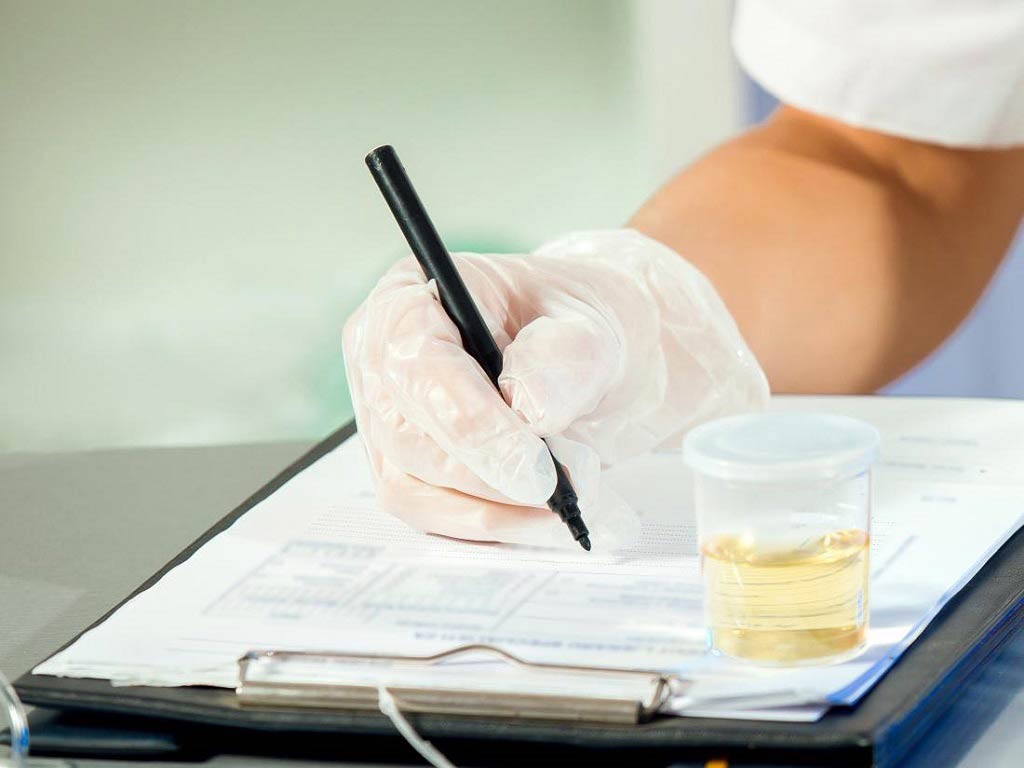
Alcohol Breath Tests
An alcohol breath test is the standard method for alcohol detection. It is a non-invasive procedure using breath samples for analysis. It uses a breath testing device called a breathalyser to calculate a person’s Blood Alcohol Concentration (BAC) or intoxication level. The BAC is the per cent or amount of alcohol in the bloodstream. Therefore, when a person consumes alcohol, it causes the BAC to increase. Moreover, many workplaces with a drug and alcohol policy in NZ have a zero-alcohol tolerance. Thus, a positive BAC result from a breathalyser means non-compliance or a failed alcohol test. Consequently, failed pre-employment alcohol tests may render the person ineligible for the job. Likewise, current employees may face corresponding actions due to a policy violation.
While many people consume alcohol moderately, others are unable to control their intake. Thus, the more a person consumes alcohol, the longer it stays in the body. High alcohol levels can lead to intoxication the next day while on duty. Hence, a drug and alcohol policy in NZ may include conditions of alcohol consumption after work hours. Additionally, high-risk industries like mining conduct breath testing on workers before proceeding to the work site. Furthermore, workplace breathalysers use fuel cell sensors to precisely estimate the BAC. Fuel cell breathalysers are ethanol-specific and do not react with other substances. Therefore, it is less likely to produce false positives.
How to Choose the Right Workplace Breathalysers
Workplaces use fuel cell breathalysers to deliver dependable and precise BAC results. Fuel cell sensors remain consistent and accurate despite back-to-back testing or high-volume use. However, not all fuel cell breathalysers are the same. Therefore, choosing the best device is crucial for companies with a drug and alcohol policy in NZ. Employers may use the guide below in determining what to look for in a breathalyser. For example, employers may consider the following aspects:
- Sensor performance – look for a breathalyser with a sensor accuracy of +/- 0.004 at 0.050 BAC. All breathalysers indicate their sensor accuracy and detection range.
- Testing modes – breathalysers may use active or passive modes or a combination of the two. Active breath testers estimate the BAC level, while passive tests screen or detect alcohol without measuring it.
- Certification – breathalysers with certification mean they fulfilled the requirements of an effective breath screening device.
- Extra features – companies may use additional functions for efficient alcohol monitoring. For example, some breathalysers have smartphone connectivity, adjustable settings, or customisable data fields.
- After-sales service – all breathalysers require periodic recalibration to maintain sensor performance. Thus, it is also critical to check the provider for their after-sales services. Breathalysers NZ offers recalibration services for all units sold. It also provides reminders via email or SMS if the device is due for servicing.
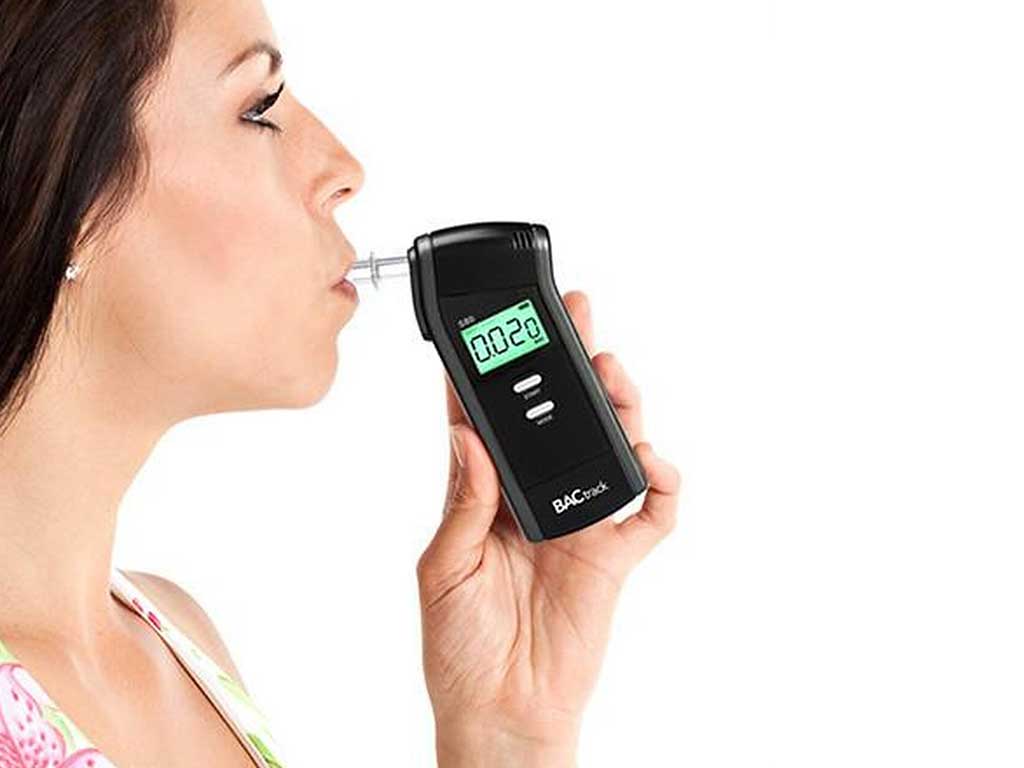
The Workplace Breathalysers at Breathalysers New Zealand
Breathalysers New Zealand offers reliable alcohol testers to help companies remain safe and compliant with the drug and alcohol policy in NZ workplaces. Each breathalyser has distinct features suitable for different workplace testing needs. Moreover, workplace breathalysers use advanced fuel cell sensor technology to trace alcohol amounts from 0.000 to 0.400% BAC. Thus, it can efficiently trace the precise BAC in minimal amounts. Furthermore, they are FDA-approved, DOT-certified, and have AS3547, also upheld in New Zealand. Breathalysers NZ presents the following professional devices:
- BACtrack S80 Pro Gen2: the industrial-grade Xtend fuel cell sensor with an enhanced linear response is modified for workplace or commercial use. The one-touch operation enables efficient breath tests in high-compliance environments.
- BACtrack Mobile Gen2: the latest generation of BACtrack’s connected technology range. It incorporates Bluetooth technology that can seamlessly pair with a smartphone to deliver the BAC results. Hence, it is ideal for remote alcohol monitoring.
- Alcovisor Mercury Touchscreen – offers dual functionality through passive breath screening and active testing. Moreover, it has a touchscreen interface for efficient operation, and all information is downloadable to a PC.
- Alcovisor Alcotorch – a professional tool for fast alcohol detection through passive screening. It is ideal for situations with a large flow of people, such as airports, concerts, or military bases.
Employee Guide to Drug and Alcohol Policy in NZ
Workplace testing is a vital preventive measure to prevent the harmful risks of substance use. A drug and alcohol policy in NZ workplaces helps organisations be safe and healthy. In addition, drug and alcohol tests are cost-effective strategies to avoid accidents, legal liabilities, and high costs. Similarly, the policy also guides employees’ conduct while on duty. Particularly, workplaces with zero-alcohol policies prohibit alcohol use or impairment at work. Therefore, workers must ensure that they have zero BAC to work responsibly. It means managing alcohol consumption outside working hours to ascertain sobriety when reporting for work. Fortunately, personal breathalysers are available to help control alcohol intake at moderate or reasonable levels. Individuals may monitor their BAC level with a breathalyser to avoid going over the legal limit or high intoxication.
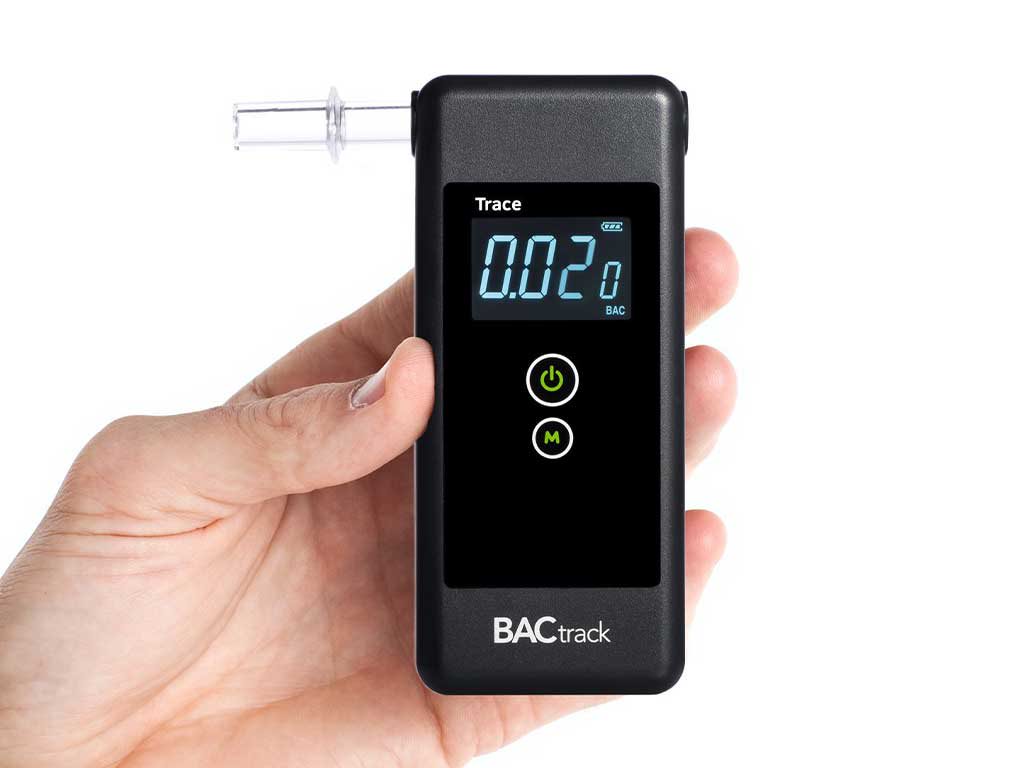
BACtrack Personal Devices at Breathalysers New Zealand
Personal breathalysers can help employees prevent excessive alcohol consumption and comply with the drug and alcohol policy in NZ requirements. For example, individuals can check their BAC before work to ensure their alcohol level has returned to zero. Aside from robust alcohol testers for workplace use, Breathalysers NZ also offers personal breathalysers for individual BAC testing. The BACtrack breathalysers have an efficient one-touch function to allow instant alcohol testing. Additionally, most BACtrack devices have pro-grade accuracy utilising fuel cell sensor technologies. Breathalysers NZ offers the following personal breath testers:
- Go Keychain – the sleekest alcohol tester with a fold-away mouthpiece and keychain ring.
- C6 Keychain – the smallest fuel cell breathalyser with smartphone connectivity.
- C8 Smartphone – smartphone breathalyser with a dual-mode operation and the ZeroLine technology (sobriety monitoring) available on the device or via the app.
- Scout – the most affordable device utilising the patented Xtend fuel cell sensor technology with incredible battery life.
- Trace Pro and Trace Pro Gen2 – discreet design with a memory system to recall the last 10 BAC readings.
- Mobile Pro – a smartphone breathalyser with innovative app features, such as tracking, personalisation, and Apple Health integration.
- S80 Pro – the premier personal breathalyser with police-grade accuracy.
Conclusion
Drug and alcohol use are prevailing safety issues that workplaces tackle daily. Substance impairment causes long-term health problems, accidents, and low work output. Therefore, establishing a drug and alcohol policy in NZ workplaces is a cost-effective measure to minimise the negative impacts of alcohol and illicit substances. Furthermore, consistent workplace testing helps maintain a safe and healthy working environment. In addition, the workplace program focuses on prevention to minimise harm and offers assistance or interventions to employees needing it. Finally, companies use reliable drug and alcohol testing devices to manage workplace hazards effectively. For quick and efficient alcohol monitoring, employers trust the professional devices at Breathalysers New Zealand. Likewise, individuals ensure responsible alcohol consumption through the BACtrack personal breathalysers.


















